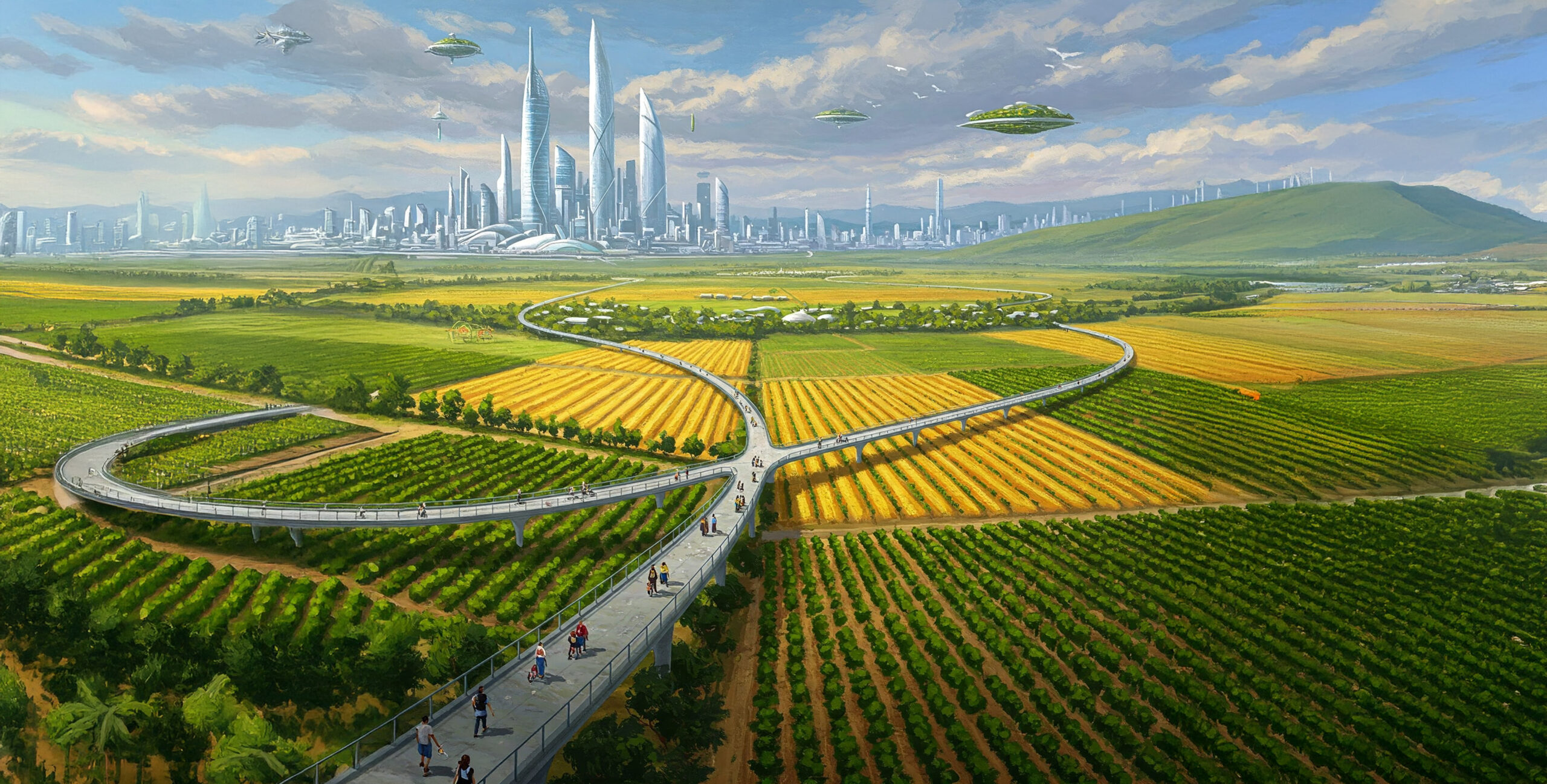As urbanization rapidly transforms cities into dense concrete jungles, the growing disconnect between urban dwellers and the origins of their food has sparked renewed interest in agritourism. Traditionally rooted in rural areas, agritourism refers to travel centered around agriculture—such as visiting farms, harvesting crops, or learning about local food systems. In recent years, a new trend is emerging: agritourism designed specifically for metropolitan areas. This fusion of agriculture and tourism offers promising opportunities to promote sustainability, community engagement, and food security in urban contexts.
The Need for Urban Agritourism
Urban populations are projected to reach 68% of the global total by 2050 (United Nations, 2018). As cities expand, public green spaces shrink, and awareness of agricultural practices fades. Urban agritourism offers a solution by reconnecting citizens with food production while transforming underutilized urban spaces into educational and recreational zones.
Elements of Agritourism Design in Metropolises
- Vertical and Rooftop Farming Experiences
Rooftops in cities can be transformed into demonstration farms where visitors learn about hydroponics, aquaponics, or vertical farming. For example, Lufa Farms in Montreal operates commercial rooftop greenhouses that also offer guided tours (Lufa Farms, 2020). - Community-Based Micro Farms
Vacant lots or underused public spaces can host small-scale community farms where tourists and locals alike participate in planting, composting, or harvesting. These experiences foster a sense of community while educating visitors about sustainable food systems. - Agricultural Education Centers
Agritourism sites in cities should include educational elements such as workshops, cooking classes, and hands-on activities for families and school groups. Centers like The Battery Urban Farm in New York City provide such learning environments (Battery Urban Farm, 2022). - Cultural and Culinary Integration
Urban agritourism can celebrate local heritage by incorporating traditional recipes, food festivals, and farm-to-table restaurants. This creates economic opportunities for local farmers and chefs while enriching the cultural fabric of the city. - Smart Technology and Interactive Design
Integrating IoT, AR, and data visualization tools can create engaging experiences for tech-savvy urban visitors. For instance, interactive kiosks could show real-time data on plant growth or carbon footprint reduction.
Benefits of Urban Agritourism
- Sustainability: Encourages local food consumption, reduces carbon emissions from transportation, and promotes green infrastructure.
- Economic Growth: Generates income for urban farmers and local businesses.
- Education and Awareness: Enhances knowledge of food systems and sustainable practices among city dwellers.
- Mental and Physical Well-being: Provides therapeutic green spaces and promotes healthy lifestyles through gardening activities (Soga et al., 2017).
Challenges and Considerations
- Land Use and Zoning Regulations: Legal frameworks often limit farming in urban zones.
- Maintenance and Management: High upkeep costs and the need for skilled labor can be a barrier.
- Pollution and Safety Concerns: Soil and air quality must be monitored to ensure safe food production.
Conclusion
Designing agritourism for metropolises is more than a trend—it’s a necessity in a world facing climate change, food insecurity, and urban isolation. By reimagining urban spaces as hubs for agricultural engagement, cities can cultivate a more connected, resilient, and sustainable future.
References
- United Nations. (2018). World Urbanization Prospects: The 2018 Revision. https://population.un.org/wup/
- Lufa Farms. (2020). Our Rooftop Greenhouses. https://montreal.lufa.com/en
- Battery Urban Farm. (2022). About the Farm. https://www.thebattery.org/programs/battery-urban-farm
- Soga, M., Gaston, K. J., & Yamaura, Y. (2017). Gardening is beneficial for health: A meta-analysis. Preventive Medicine Reports, 5, 92–99. https://doi.org/10.1016/j.pmedr.2016.11.007


